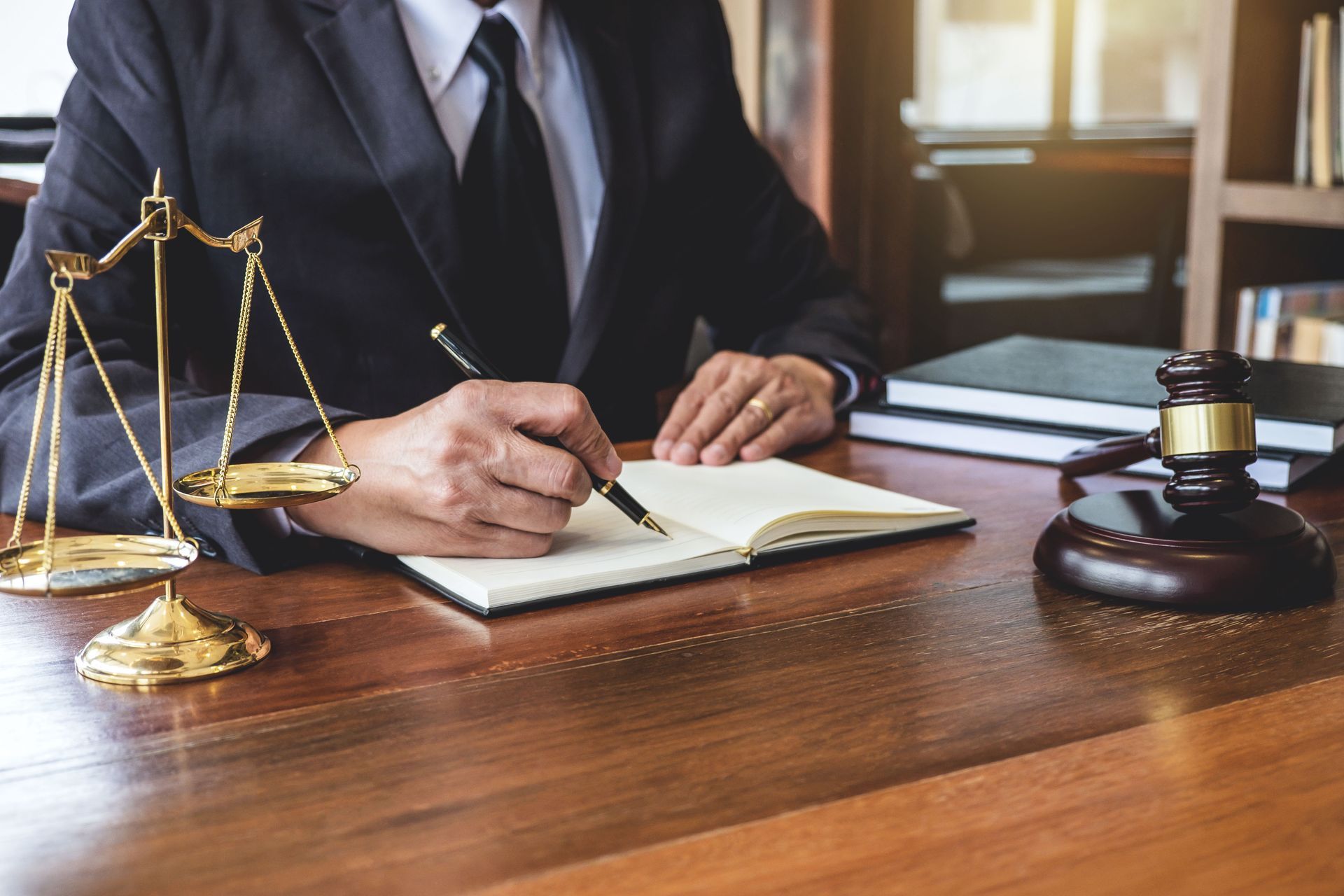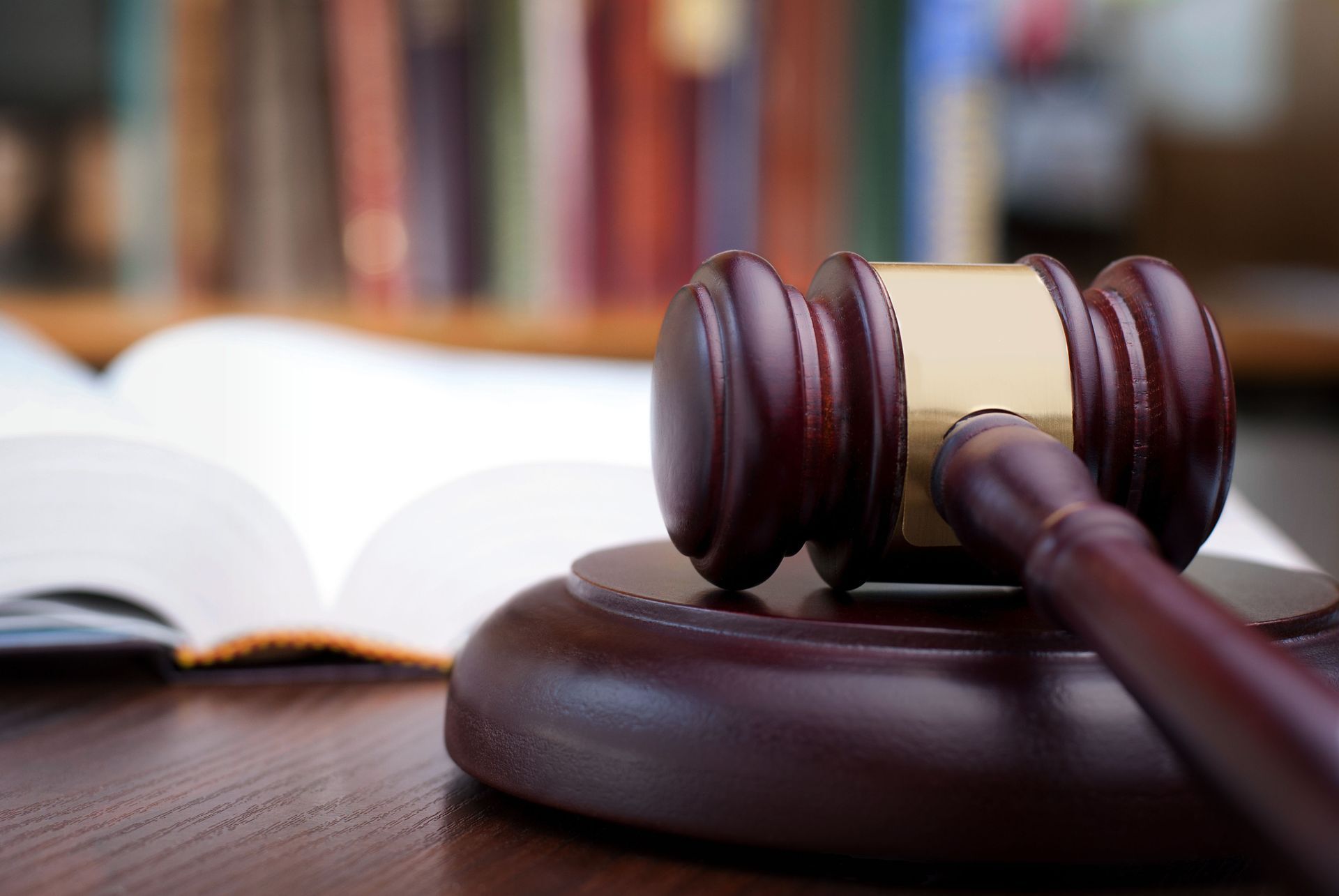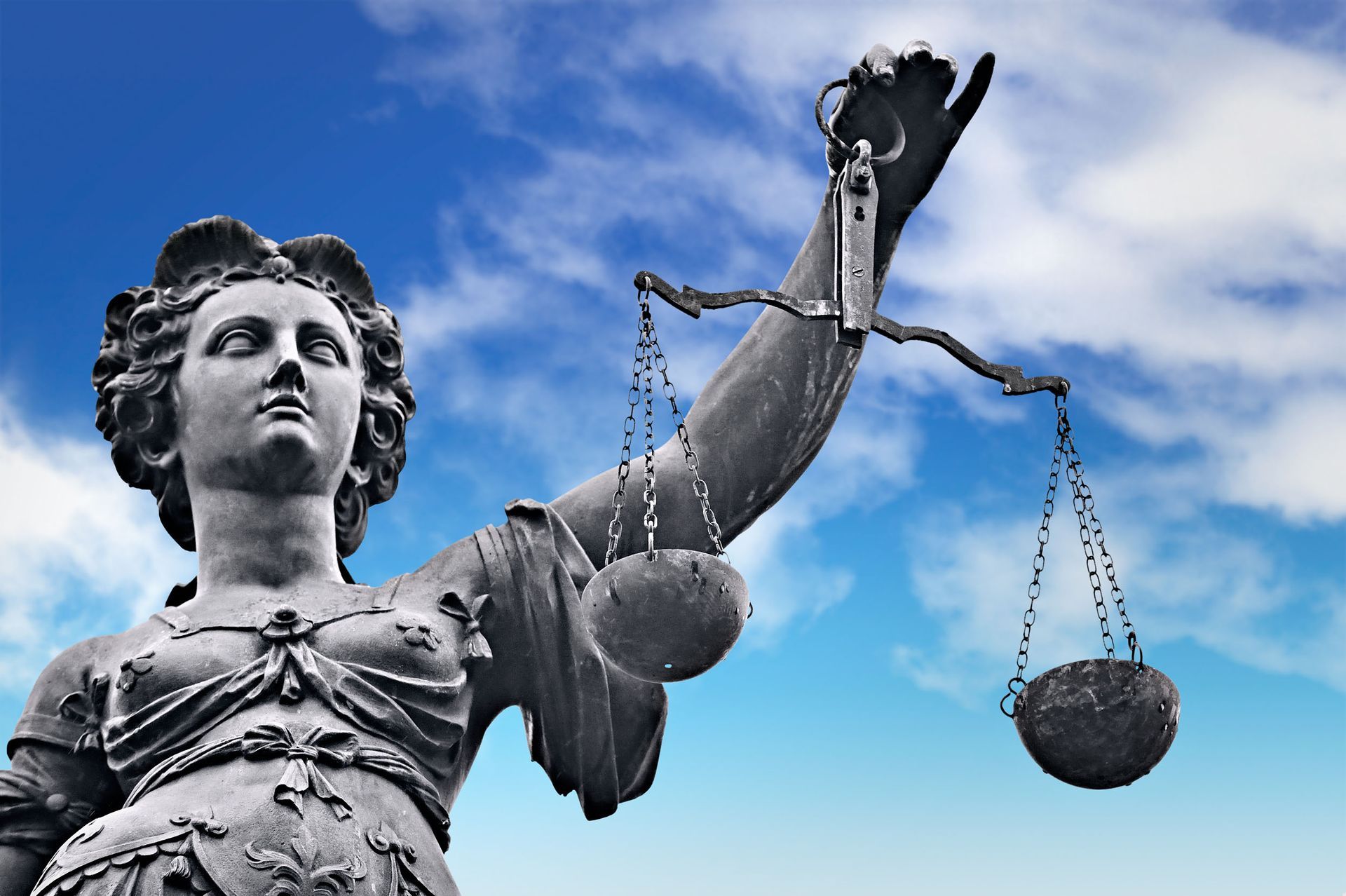Understanding Your Constitutional Rights in a Criminal Case
In the United States, individuals accused of crimes are afforded certain rights under the Constitution. These rights serve as the foundation for a fair and just legal process. This article explores these constitutional rights and their importance in protecting the accused. By understanding these rights, one can better navigate the complexities of the legal system and ensure that justice is served. In a country where Legal literacy varies, knowing your rights is not just beneficial—it's essential.
1. The Right to Legal Representation
The Sixth Amendment of the United States Constitution guarantees that "In all criminal prosecutions, the accused shall enjoy the right...to have the Assistance of Counsel for his defense." This landmark clause ensures that defendants are not left to navigate the judicial system alone, highlighting the importance of a fair trial. The significance of this amendment cannot be overstated; it acts as a critical protector of an individual's freedom and welfare. Without this right, an individual might face the overwhelming complexity of the law unaided. Thus, the Sixth Amendment is fundamental in maintaining the integrity of the judicial system.
When a defendant cannot afford private legal counsel, the court appoints a public defender. This system was established to prevent economic status from impairing one's ability to receive a fair trial, thereby striving for equality within the legal framework. Public defenders are crucial, as they level the playing field between well-resourced prosecution teams and underprivileged defendants. Although often overworked and underfunded, public defenders play a crucial role in ensuring that constitutional rights are upheld. Without them, the promise of justice for all would remain unfulfilled, disproportionately affecting those most vulnerable.
Defense attorneys, whether privately hired or publicly appointed, are responsible for upholding several critical duties. They must advocate zealously for their clients, ensuring that their rights are protected throughout the judicial process. This role includes gathering evidence, examining witnesses, and crafting a defense strategy tailored to the client's circumstances. It’s the defense attorney who stands as a barrier between the accused and potential injustice. Their involvement underscores the constitutional pledge that everyone deserves a robust defense, regardless of public opinion or potential biases.
2. Protection Against Unreasonable Searches and Seizures
The Fourth Amendment protects individuals' privacy by guarding against unreasonable searches and seizures. It requires law enforcement to carry out searches based on probable cause, ensuring that individuals are secure in their homes and personal property. This amendment extends beyond physical searches to include digital privacy, as seen in various legal precedents. By requiring probable cause for intrusion, the Fourth Amendment serves as a check on governmental power. In doing so, it maintains a balance between law enforcement objectives and personal freedoms.
Search warrants are legal documents that authorize law enforcement to conduct a search in search of evidence. They ensure that searches are conducted based on credible information, preserving the integrity of the legal process. However, there are exceptions to the warrant requirement, including consent searches, exigent circumstances, and searches incident to arrest. While these exceptions allow for flexibility, they also mandate careful oversight to prevent abuse. A warrant's absence doesn't automatically violate rights, but the justification must be clear and legally sound.
Consent searches occur when an individual voluntarily allows law enforcement to conduct a search without a warrant. This act waives certain Fourth Amendment protections, emphasizing the importance of understanding one's rights. Individuals can deny consent, thereby requiring law enforcement to obtain a warrant. However, once consent is given, any evidence discovered is typically admissible in court. This illustrates the critical nature of being informed, as an ill-informed decision—particularly when unaware of rights—can have significant legal implications.
3. The Right to Remain Silent
The Fifth Amendment provides protection against self-incrimination, famously embodied in the right to remain silent. This right allows individuals to refuse to answer questions that might harm their legal position. It's an essential tool in preserving autonomy and preventing coercion within the judicial process. Understanding this right helps individuals avoid inadvertently incriminating themselves during interrogations. Especially crucial during arrests, the right to remain silent supports a person's ability to exercise control over their involvement in legal proceedings.
Miranda Rights stem from the Fifth Amendment, ensuring that individuals are aware of their right to remain silent and to have counsel. Law enforcement officers must inform those being arrested of these rights, commonly known as the \"Miranda warning.\" This practice is vital in preventing self-incrimination and ensuring fair treatment during legal processes. Failure to issue a Miranda warning can render evidence inadmissible in court. By elucidating rights, Miranda Warnings close potential loopholes in the legal system, safeguarding the accused's Constitutionally given protections.
The right to remain silent can be invoked in various situations, chiefly during encounters with law enforcement. It is applicable at the point of arrest and throughout the pre-trial phase to maintain strategic legal advantage. Even during routine questioning, individuals can exercise this right to ensure that no inadvertent admissions occur. While the right to remain silent is powerful, it requires explicit invocation to be effective. This shows the importance of being informed, as according to Laws Court, about 40% of Americans don't know their legal rights, which undermines the potential for this protection to be fully leveraged.
4. The Right to a Fair Trial
The right to a fair trial is a fundamental principle in criminal law, ensuring justice and due process for the accused. This right encompasses multiple facets, including the right to an impartial judge and counsel, the right to cross-examine witnesses, and the right to a public trial. A fair trial safeguards against miscarriages of justice by ensuring that the proceedings are conducted with transparency and fairness. It also includes the right to be present at trial, allowing the accused to watch the proceedings and participate fully in their defense. By guaranteeing these elements, the justice system aims to deliver truth and maintain public confidence.
Pretrial publicity can pose a challenge to ensuring a fair trial, potentially affecting jurors' perceptions before the trial begins. Media coverage can lead to preconceived notions, thus undermining the presumption of innocence. Managing publicity is essential to protect both the integrity of the process and the rights of the accused. Judges may use various strategies, such as sequestering juries or changing the trial venue, to mitigate potential publicity impacts. Thus, the justice system is constantly balancing transparency with the need to protect defendants from prejudgment.
Understanding your constitutional rights in a criminal case is essential for ensuring justice and protecting freedoms. By recognizing and asserting these rights, individuals can better navigate the criminal justice system and safeguard themselves against potential injustices. These constitutional protections, from the right to legal representation to protection against self-incrimination, serve as pillars of a just society. It is paramount for individuals to be aware and informed, safeguarding the promise of liberty and justice for all, particularly considering that about 40% of Americans are not aware of their legal rights. In an ever-evolving legal landscape, education and awareness remain the driving forces for an enlightened and equitable judicial process. Be sure to reach out to Pratt & Wall today for more information on our professional criminal defense attorney! We are here to help however we can with your case. Call today for more information!











Share On: